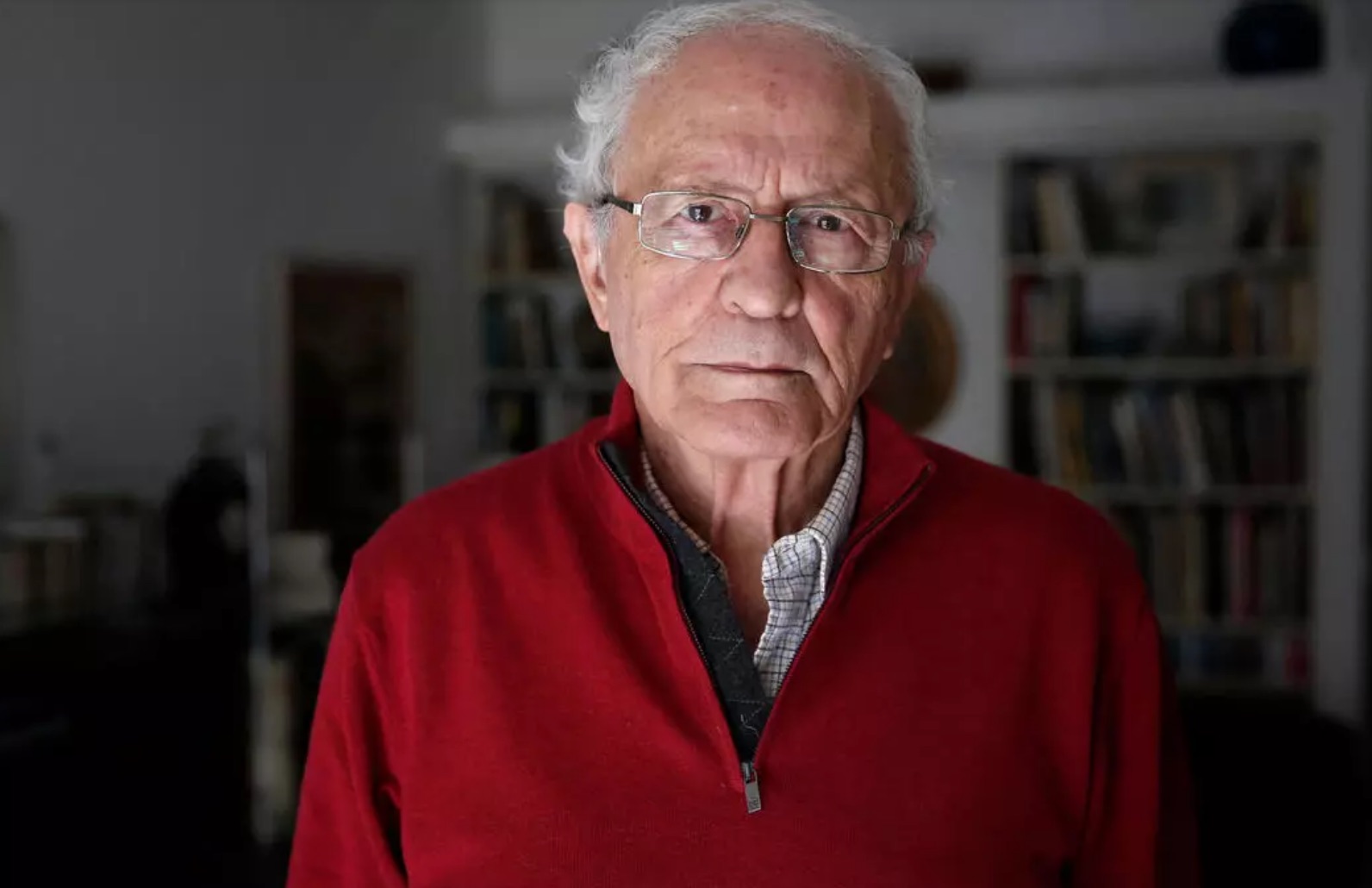
JERUSALEM (AP) — Zeev Sternhell, a prominent Israeli academic and expert in the study of fascism who issued dire warnings about the state of Israeli democracy, died Sunday. He was 85.
Sternhell, a Holocaust survivor and an acclaimed professor of political science at Hebrew University, was an internationally recognized expert and author of several books on fascism and ultra-nationalism.
Hebrew University, which announced Sternhell’s death, did not disclose the cause.
A longtime peace activist, Sternhell was an outspoken critic of Israel’s policies toward the Palestinians and an opponent to Israel’s settler movement.
In 2008, he was awarded the country’s prestigious Israel Prize, despite the petitions of Jewish West Bank settlers to deny him the honor. The same year, a US-born religious nationalist, Jack Teitel, targeted him for his dovish positions and Sternhell was wounded by a pipe bomb placed outside his Jerusalem home. An Israeli court handed Teitel two life sentences in 2013 for the murder of two Palestinians and the attempted murder of several others, including Sternhell.
In the wake of the attack, Sternhell increasingly warned about the dangers posed to Israeli democracy. Sternhell said from his hospital bed that “if this act was not committed by a deranged person but by someone who represents a political view, then this is the beginning of the disintegration of democracy.”
Sternhell was born in Przemysl, Poland, in 1935. His father, a soldier in the Polish Army, was killed in World War II. His mother and sister were murdered by the Nazis. He survived under an assumed, Catholic identity living with relatives. He immigrated to Israel in 1951 and served as an officer in the Israeli military during the 1967 Mideast war.
Following Israel’s 2014 war with Palestinian militants in the Gaza Strip, Sternhell told the Haaretz newspaper — for which he was a regular columnist — that “Israeli democracy has become increasingly eroded, until it reached a new nadir in the current war. The indicators [of fascism] you asked about definitely exist here.”
Hebrew University President Asher Cohen said that Sternhell’s “innovative research changed the way our scientific community perceives of ideological movements, in general, and radical movements, in particular.”
“He was an honest man, one who tirelessly pursued peace and justice,” he added.
Sternhell is survived by his wife, two daughters and several grandchildren.
___
Image: Israeli academic Zeev Sternhell poses at home in Jerusalem in this file photo taken on February 2, 2015. (Thomas Coex/AFP)




